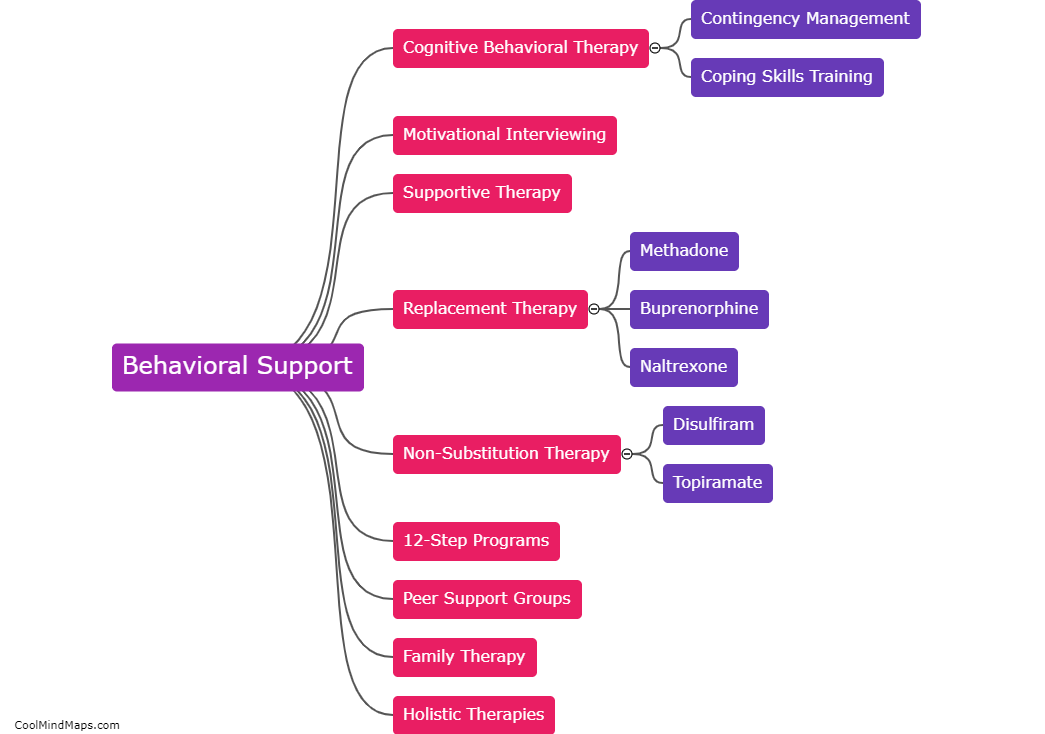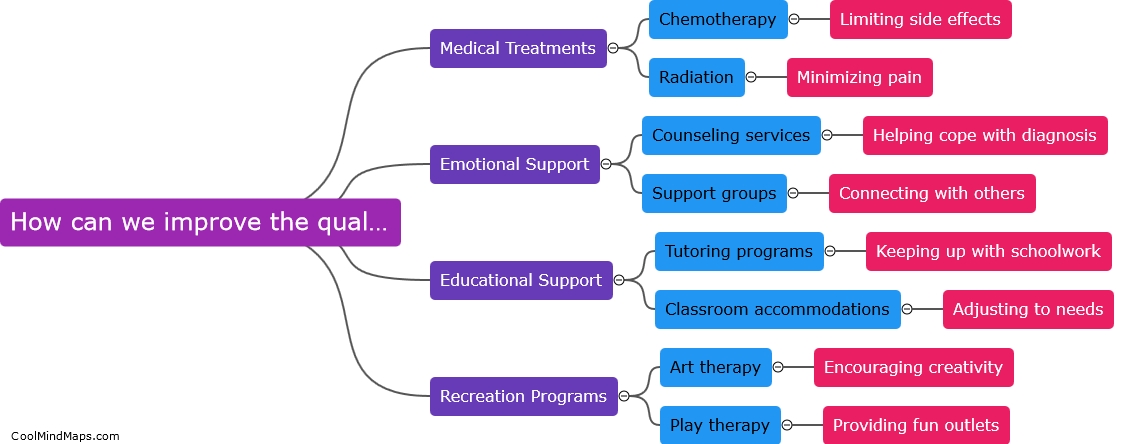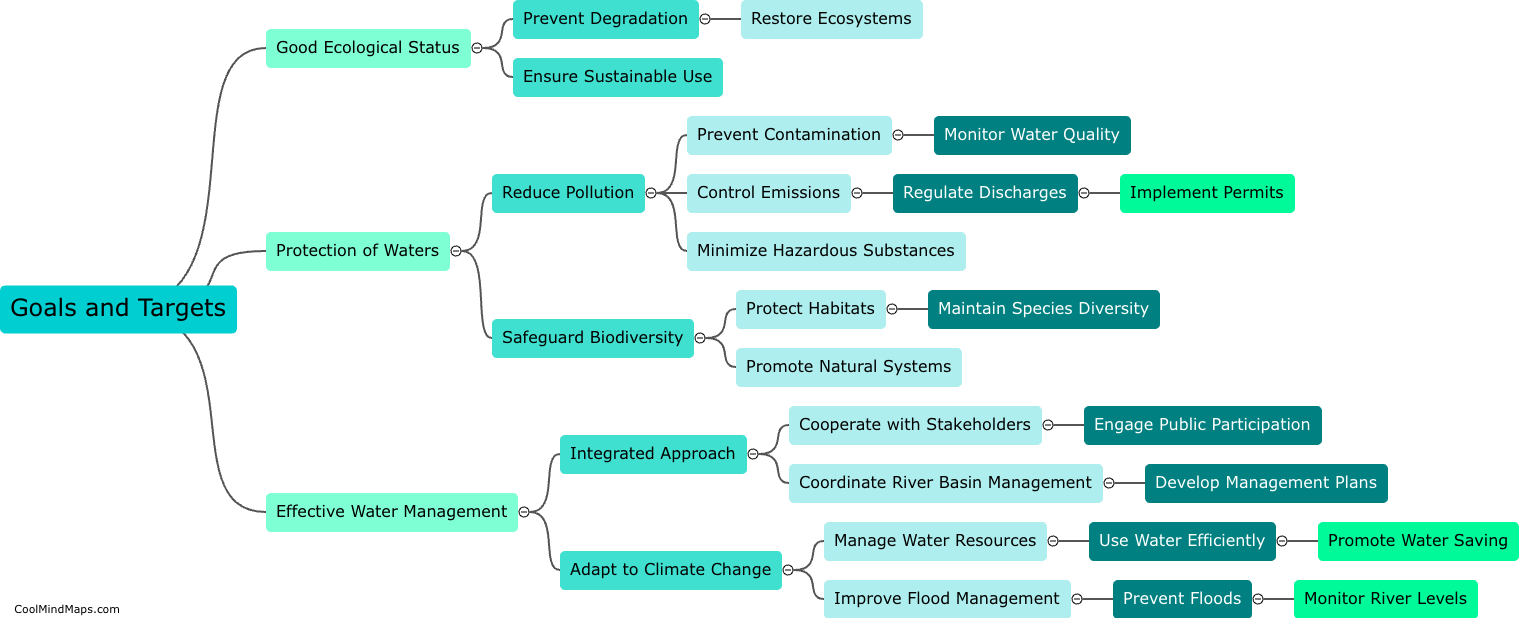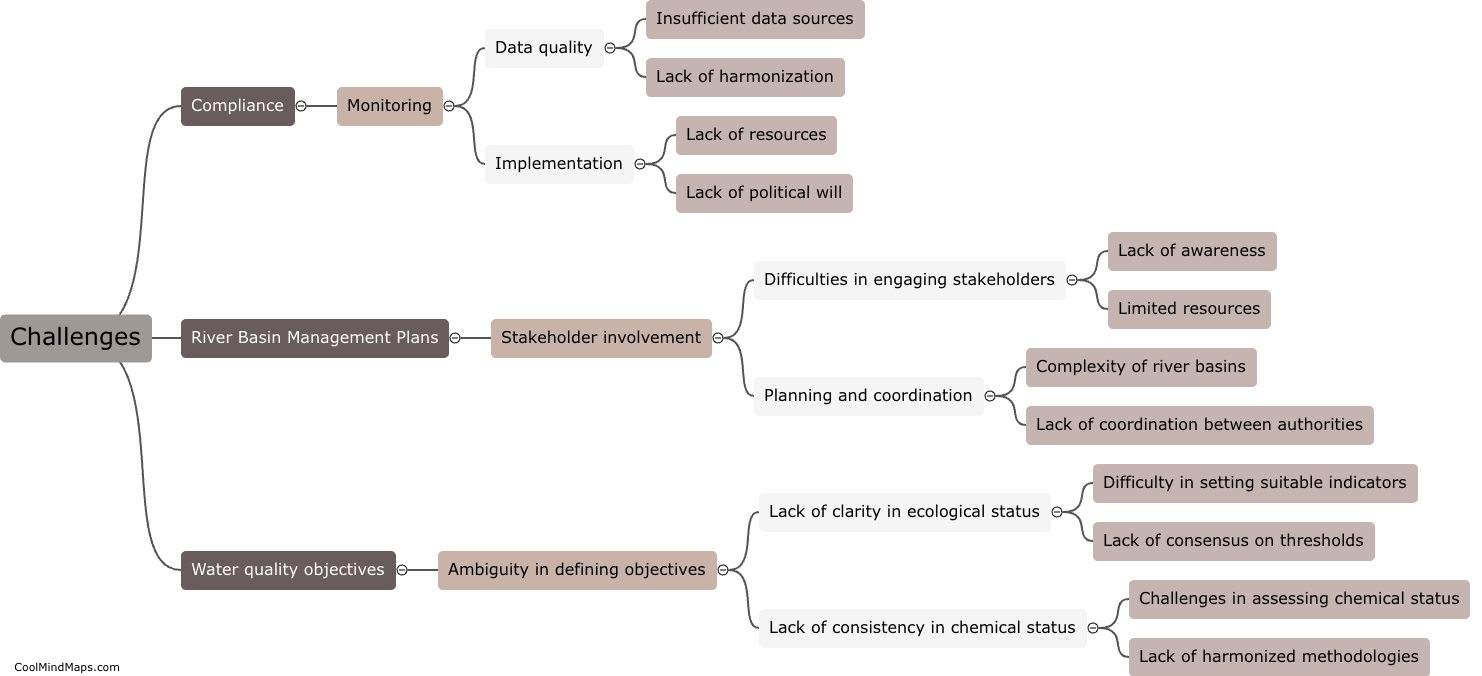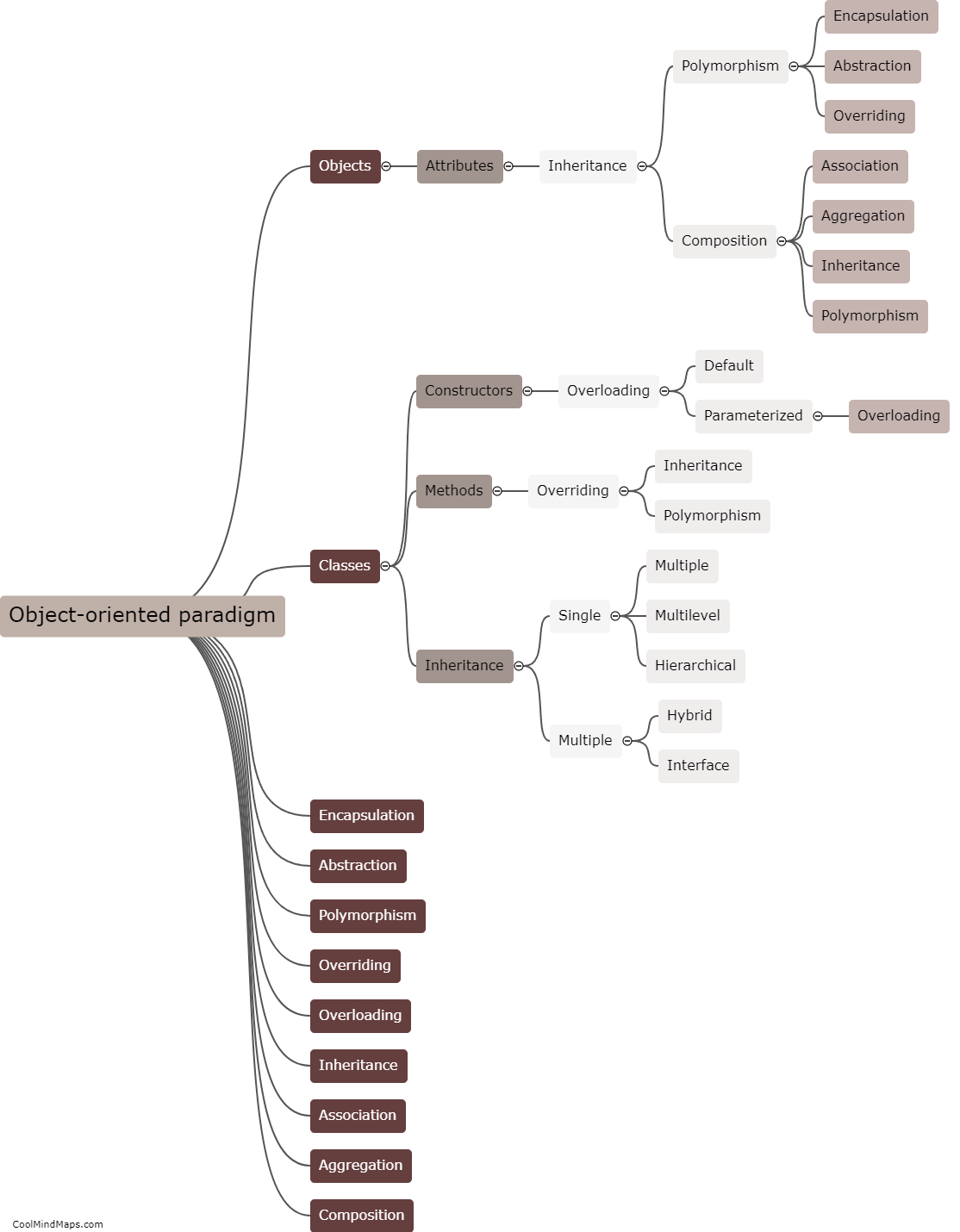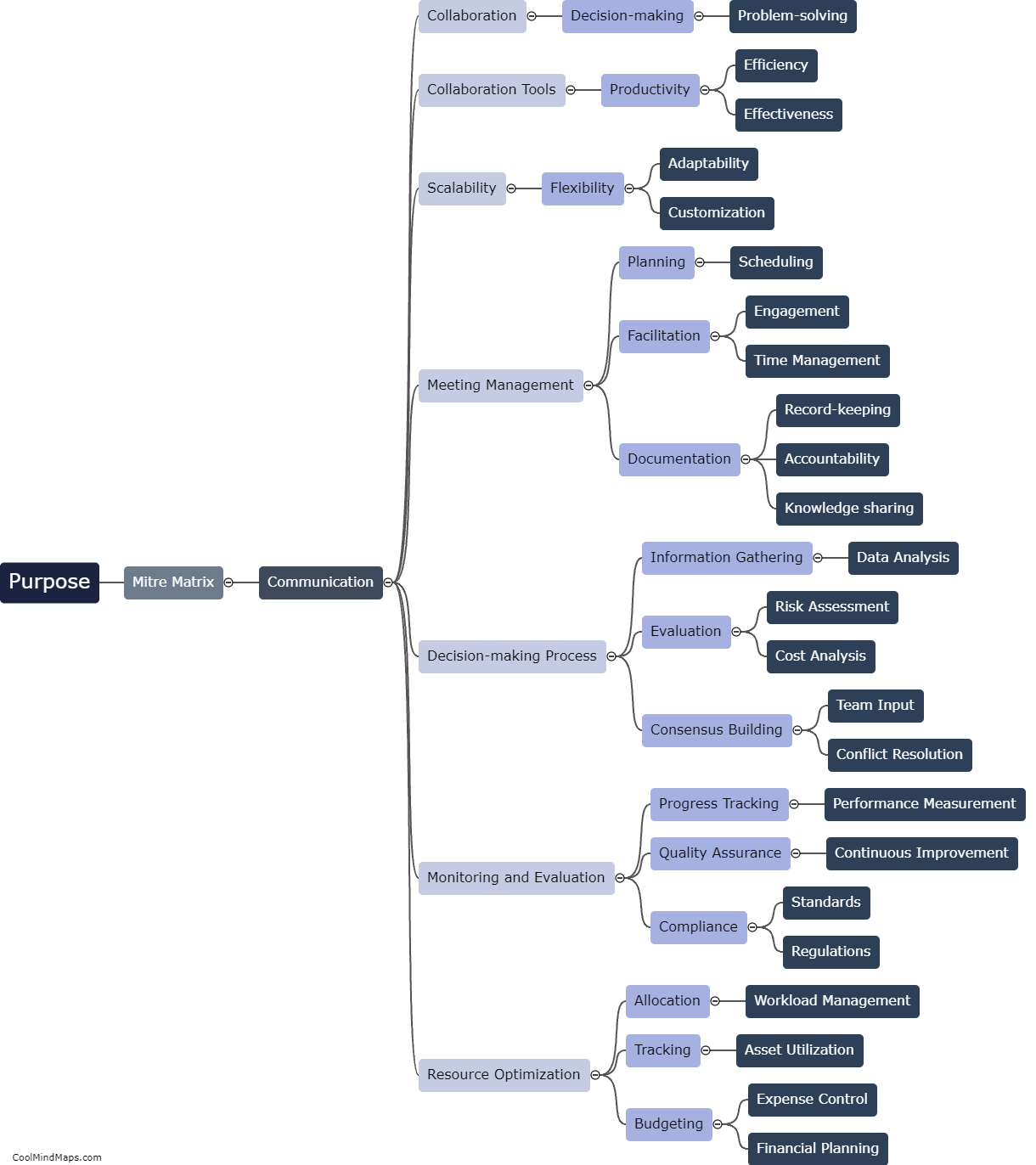What is the etiology of chronic kidney disease?
Chronic kidney disease (CKD) is a condition characterized by the gradual loss of kidney function over time. It is influenced by various factors, making its etiology multifactorial. The primary causes of CKD include diabetes and hypertension, which account for a significant proportion of cases. Other common causes include glomerulonephritis (inflammation of the kidney's filtering units), polycystic kidney disease (a genetic disorder causing cysts to form in the kidneys), and recurrent kidney infections. Additionally, certain medications, such as nonsteroidal anti-inflammatory drugs (NSAIDs) and some antibiotics, can contribute to kidney damage. Lifestyle factors like obesity, smoking, and inadequate hydration can also increase the risk of CKD. Understanding the underlying causes of CKD is essential for prevention, early detection, and management of this chronic condition.
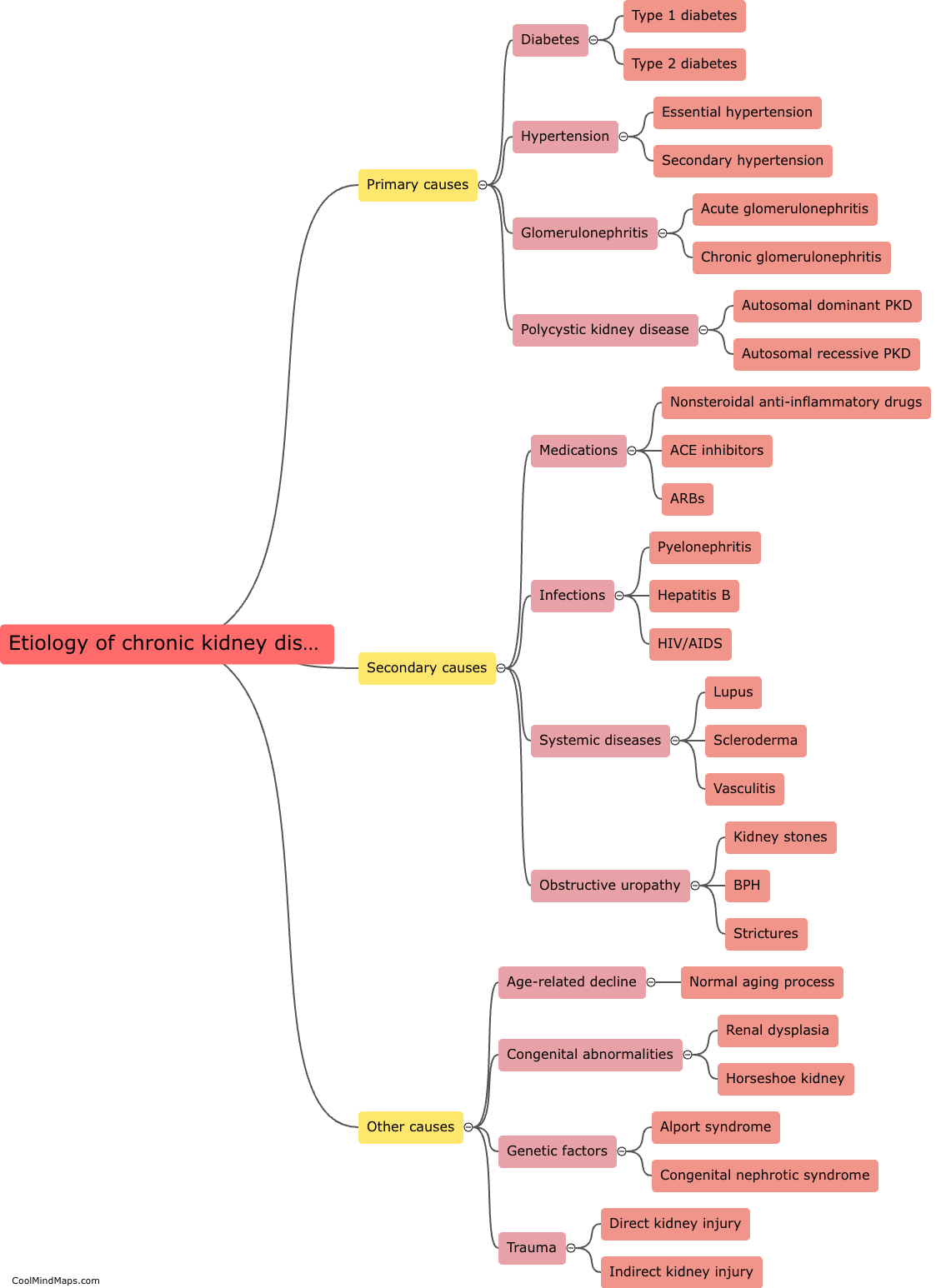
This mind map was published on 2 October 2023 and has been viewed 119 times.
